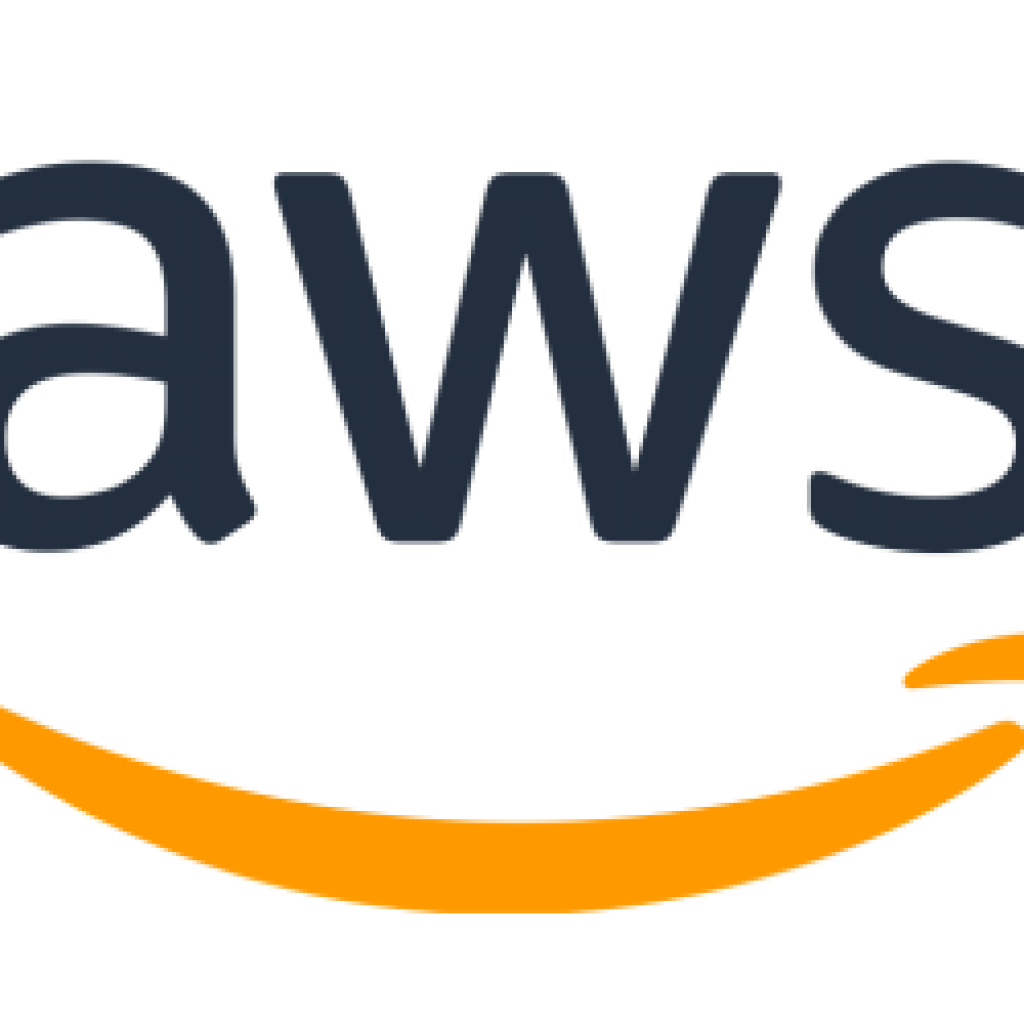Amazon Web Services (AWS) has formed a three-year strategic partnership with Harvard University, and is providing funding for university research and other programs, some of which are aimed at encouraging the growth of the quantum workforce at a critical time.
Specifically, AWS said in a blog post that it will “provide funding for faculty-led research at Harvard,” centered around topics like quantum memory, integrated photonics, and quantum materials. That funding also will contribute to building “capacity for student recruitment, training, outreach, and workforce development in this key emerging technology field.”
Harvard has done a lot of work in the field of quantum networking, and AWS, which launched its own Center for Quantum Networking (CQN) earlier this year, said the teaming of the two parties will speed progress toward specific research aims in quantum networking at the Harvard Quantum Initiative (HQI).
“Quantum networking is an emerging space with promise to help tackle challenges of growing importance to our world, such as secure communication and powerful quantum computing clusters,” said Antia Lamas-Linares, quantum networking lead at AWS, who also will lead the efforts of this new alliance. “The collaborative initiative between AWS and Harvard will harness top research talent to explore quantum networking today and establish a framework to develop the quantum workforce of the future.”
“By working together, academia and industry can accelerate discovery and technological progress,” said Harvard provost Alan M. Garber. “Through this alliance with AWS, we will bring scientific scholarship and education to bear on some of the most exciting frontiers in quantum science. Together we will advance the goals of the Harvard Quantum Initiative, an interfaculty initiative that exemplifies the rewards of collaboration across different scientific domains.”
AWS did not provide details about the funding amount, but the company said some of the money will enable an upgrade to the quantum fabrication capabilities of Harvard’s U.S. National Science Foundation-supported Center for Nanoscale Systems, an important facility for manufacturing processes like nanofabrication, materials characterization, soft lithography, and imaging.
“The overall goal of the research projects is to develop foundational methods and technologies for what eventually will become a quantum internet,” according to the blog post.
“Quantum networking is a very specific area of research that requires different focus compared to quantum computing,” said Simone Severini, director, quantum technologies at AWS. “The best way to tackle this problem is to have a dedicated team of scientists and engineers.”
In addition to the quantum research collaboration, AWS will contribute to the AWS Generation Q Fund at the Harvard Quantum Initiative, a new fellowship program for post-baccalaureates, graduate students, and postdocs to train the next-generation of quantum scientists and engineers. In outlining that funding effort, AWS referenced a White House statement from last May that detailed the administration’s aims to help the U.S. achieve and maintain quantum leadership through, among other initiatives, a greater focus on workforce development.
Efforts to grow workforce development and fund research have been cited over the last two years as increasingly important for the future of the sector, and major stumbling blocks if not addressed. This topic will be a subject of some discussion at IQT’s Quantum Cybersecurity event next month as Connor Teague, vice president of talent, Quantum Futures, talks about workforce issues.
Dan O’Shea has covered telecommunications and related topics including semiconductors, sensors, retail systems, digital payments and quantum computing/technology for over 25 years.
